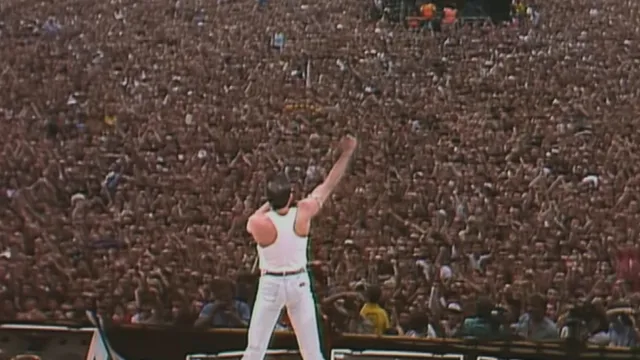
Bob Geldof defends Live Aid against 'white saviour' criticism
2025-07-07 10:58- Bob Geldof has publicly rejected the term 'white saviour' used in critiques of his charity work.
- He described his journey to Africa as driven by media pressures rather than personal ambition.
- Geldof argues for a focus on humanitarian needs over racial labels in crisis response.
Express your sentiment!
Insights
In 2024, Bob Geldof publicly responded to ongoing criticisms regarding his involvement in humanitarian efforts in Africa, particularly relating to the iconic Live Aid concert he organized in 1985. He expressed his frustration with being labeled as a 'white saviour,' arguing that such a designation diminishes the real issues at stake, namely the dire suffering of millions caused by famine and poverty. Geldof emphasized that he was not in Africa to seek personal accolades but rather to shine a light on the critical need for aid. He highlighted that people are suffering from starvation in a world filled with surplus food, insisting the focus should remain on helping those in need rather than critiquing the messengers. This view aligns with his consistent belief that humanitarian responses should transcend racial lines, questioning why only specific demographic groups can assist others in crises. Through these comments, Geldof has sparked a broader discussion about the implications of charitable actions and how they are perceived, particularly in the context of race and privilege, as seen in responses to modern-day iterations of Live Aid and its evolving narratives. He further rejected criticism stating that if a white person responds to a famine regardless of its location, labeling them a 'white saviour' is unfounded, arguing for a more inclusive approach to humanitarian efforts. Geldof remains committed to his cause, determined to ensure that the focus remains on alleviating hunger and suffering while challenging the assumptions that accompany such discourse.